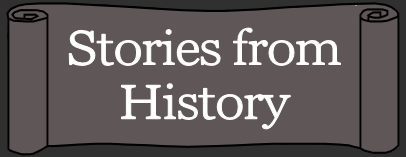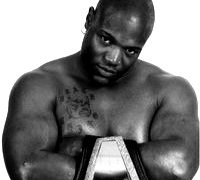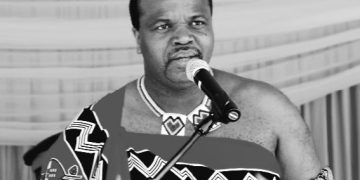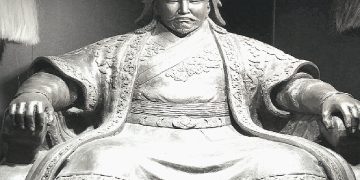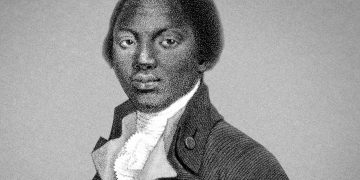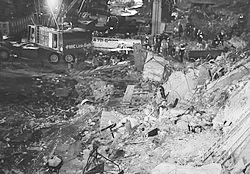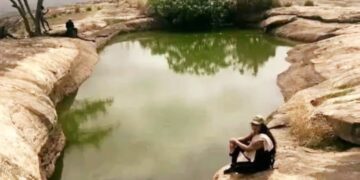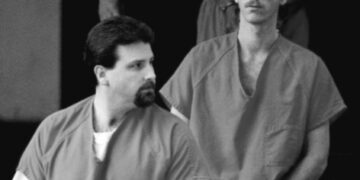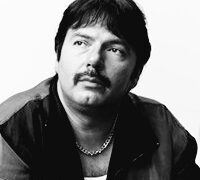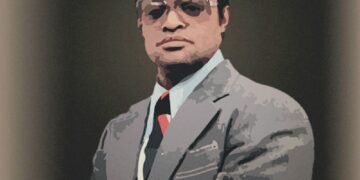In 1688 the Glorious Revolution saw William of Orange, Protestant husband of Charles II’s daughter Mary, take the English throne from Catholic James II by invitation. When the Scottish parliament also accepted William II and his wife Mary as joint monarchs many Scottish Highland clans rose up in support of James II (VII). The supporters of James became known as Jacobites.
The Jacobites were defeated by William’s superior forces in a number of battles fought between 1689 and 1691.
In August 1691 William offered all the Highland Clans that had taken part in the Jacobite Uprisings a pardon providing that they took an oath of allegiance to King William and his wife Mary by New Years Day 1692.
Many Highland Chiefs had already sworn an oath of allegiance to James and decided that they needed word from James that they had his approval to take the new oath of allegiance. The word of approval was finally received from James in mid-December 1691. Many Highland Chiefs departed immediately to take the oath. However, Alastair Maclain, 12th Chief of Glencoe waited until 31st December before leaving for Fort William to take the oath.
Upon reaching Fort William he was advised by the Governor, Colonel John Hill, that the oath had to be taken before a sheriff and that the nearest sheriff was 60 miles away at Inveraray. The town of Inveraray was the central location of the Campbell clan – enemies of the Maclains. Colonel Hill gave Maclain a letter requesting that the sheriff accept the oath even if late since Maclain had arrived at Fort William within the deadline. Maclain started out on his journey through heavy snow but en-route was captured by Campbell soldiers and held for a day. He eventually arrived at Inveraray but learned that the sheriff was away. Maclain was finally able to take the oath on 6th January 1692 after which he returned to his home in Glen Coe.
Despite having handed over the letter from Colonel Hill showing that he had arrived at Fort William in the allotted time the authorities were keen to make an example of anyone not obeying orders of King William and the Master of Stair refused to accept the oath. On 12th February a company of soldiers arrived in Glen Coe. They were welcomed by Maclain and offered food and shelter. However, in the early hours of the morning the soldiers set about massacring all inhabitants of Glen Coe. 38 men including Chief Maclain were killed at the camp while a further 40 others died of exposure after fleeing to the Highlands.
The surviving Maclains gradually returned to Glen Coe and were granted protection by the Scottish parliament. An enquiry into the massacre laid guilt with the Master of Stair but he was never tried.
